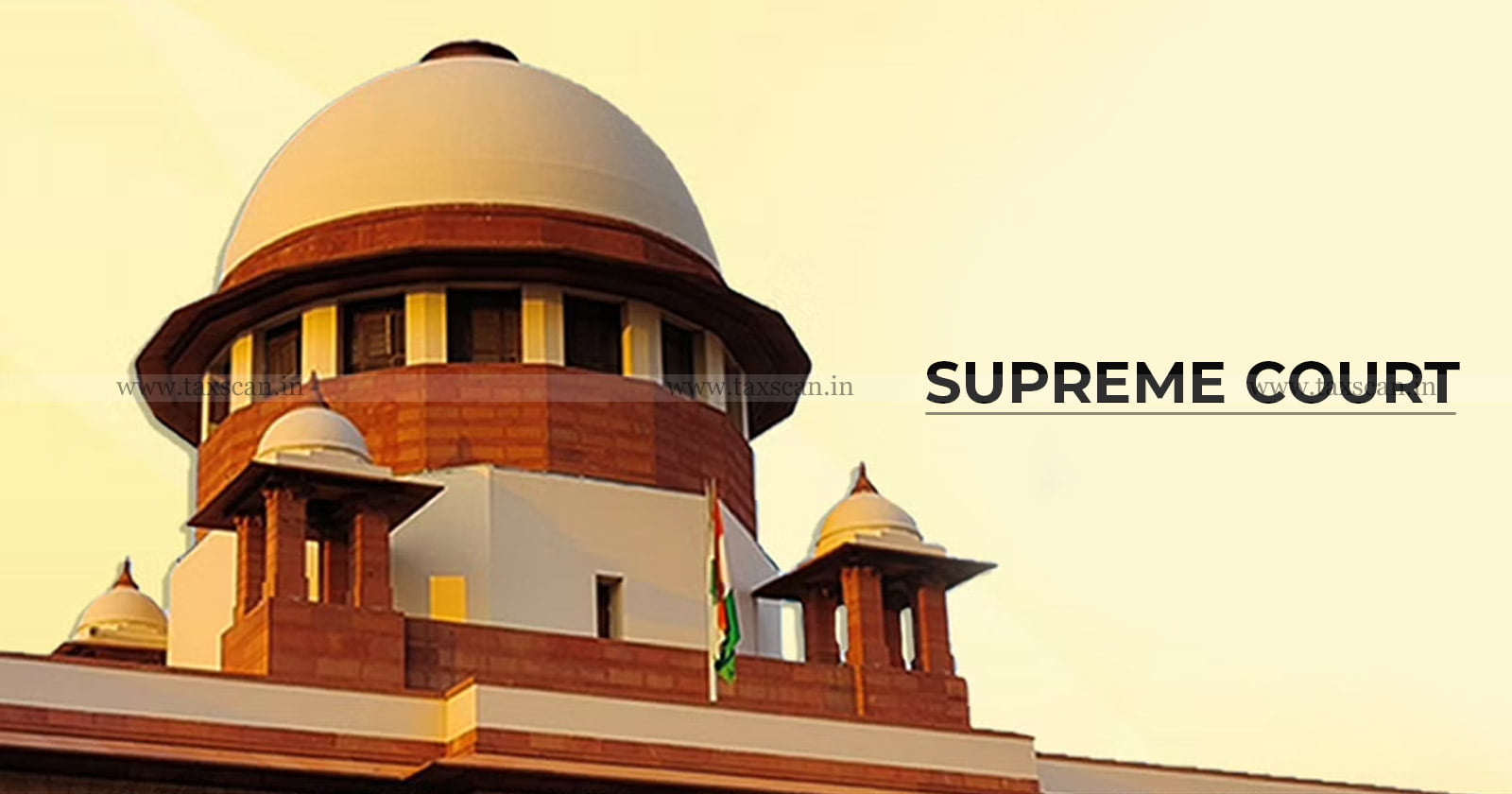No Bar to Suit for Recovery of Property Tax against Sick Company if it does not Affect Company's Revival Scheme: Supreme Court in the case of Fertilizer Corporation of India [Read Judgement]
The court viewed that the suit was a simple suit for recovery of money towards the dues arising under the alleged illegal deductions under the contract. This cannot be said to be a proceeding like execution, distress or the like and hence the suit was not hit by Section 22(1) of the 1985 Act.

Bar to Suit Recovery of Property Tax Sick Company – Companys Revival Scheme – Supreme Court – Fertilizer Corporation of India – TAXSCAN
Bar to Suit Recovery of Property Tax Sick Company – Companys Revival Scheme – Supreme Court – Fertilizer Corporation of India – TAXSCAN
In the case of Fertilizer Corporation of India, the Supreme Court held that there is no bar for recovery proceedings of property tax against the Sick Company if it does not affect the scheme of the revival of the Sick Company.
M/s Coromandal Sacks Private Limited is the original plaintiff, is a company registered under the Companies Act, 1956 established with the assistance of the Andhra Pradesh Industrial Development Corporation Limited (“APIDC”) and is engaged in the manufacturing of High-Density Poly Ethylene (“HDPE”) bags.
Fertilizer Corporation of India Ltd. (“FCIL”), that is, the defendant company, is a Public Sector Undertaking (“PSU”) of the Government of India established for the manufacturing of fertilisers and is operating under the administrative control of the Ministry of Chemicals and Fertilizers, Government of India.
The original defendants required HDPE bags for packaging and supplying fertiliser to their customers. They had been placing orders for the same with the original plaintiff from 1986-87 onwards.
The appellant was declared as a Sick Company, and a money recovery suit was filed against it by the respondent for the recovery of the debt amount of Rs. 18 Lakhs approx. It was argued by the appellant that the suit for money recovery would not be maintainable as it would be hit by Section 22(1) of the 1985 Act. The appellant contended that any proceedings which adversely affect the revival process of the sick company after it was declared as a sick company under the 1985 Act wouldn't be maintainable. Arguing that the suit for money recovery impacts the revival process of the sick company, therefore the proceedings wouldn't be maintainable against it.
Per contra, it was submitted by the respondent/creditor that there is no bar to file a suit for recovery against the appellant/sick company as the recovery proceedings don't intend to impact the revival process of the appellant. The respondent argued that there's no bar under Section 22(1) of the 1985 Act to file a suit for recovery of debt amount being unacknowledgeable.
Section 22(1) of the 1985 Act provides that subject to the fulfilment of the conditions as described in the sub-section, proceedings of the nature mentioned therein shall remain suspended in respect of a sick industrial company.
The High Court held that if the conditions mentioned under Section 22(1) of the 1985 Act are fulfilled, then there would be a bar on the initiation of proceedings against the Sick Company which tends to impose a threat to the sick company's properties or adversely impacts the revival scheme of the sick company. The legislative mandate behind Section 22 of the 1985 Act is to protect the sick company after it is declared as a 'sick company' under the 1985 Act.
The two-judge bench comprising Justices JB Pardiwala and Sandeep Mehta observed that the suit for recovery of money against the Sick Company towards the dues arising under the alleged illegal deductions under the contract would not be barred under Section 22(1) of the Sick Industrial Companies (Special Provisions) Act, 1985 (“the 1985 Act”) as initiation of such proceedings wouldn't adversely impact the scheme of revival of the company.
The court viewed that the suit was a simple suit for recovery of money towards the dues arising under the alleged illegal deductions under the contract. This cannot be said to be a proceeding in the nature of execution, distress or the like and hence the suit was not hit by Section 22(1) of the 1985 Act.
To Read the full text of the Order CLICK HERE
Support our journalism by subscribing to Taxscan premium. Follow us on Telegram for quick updates


